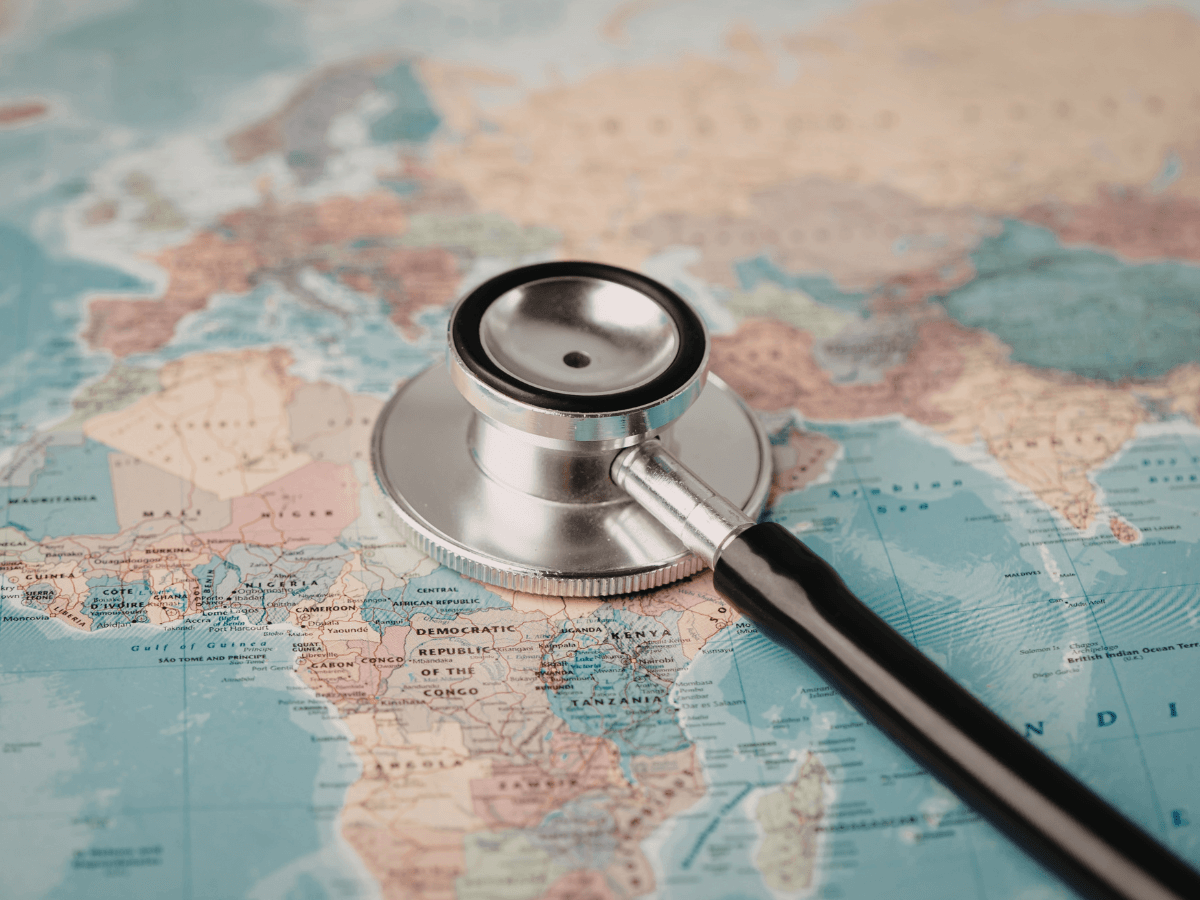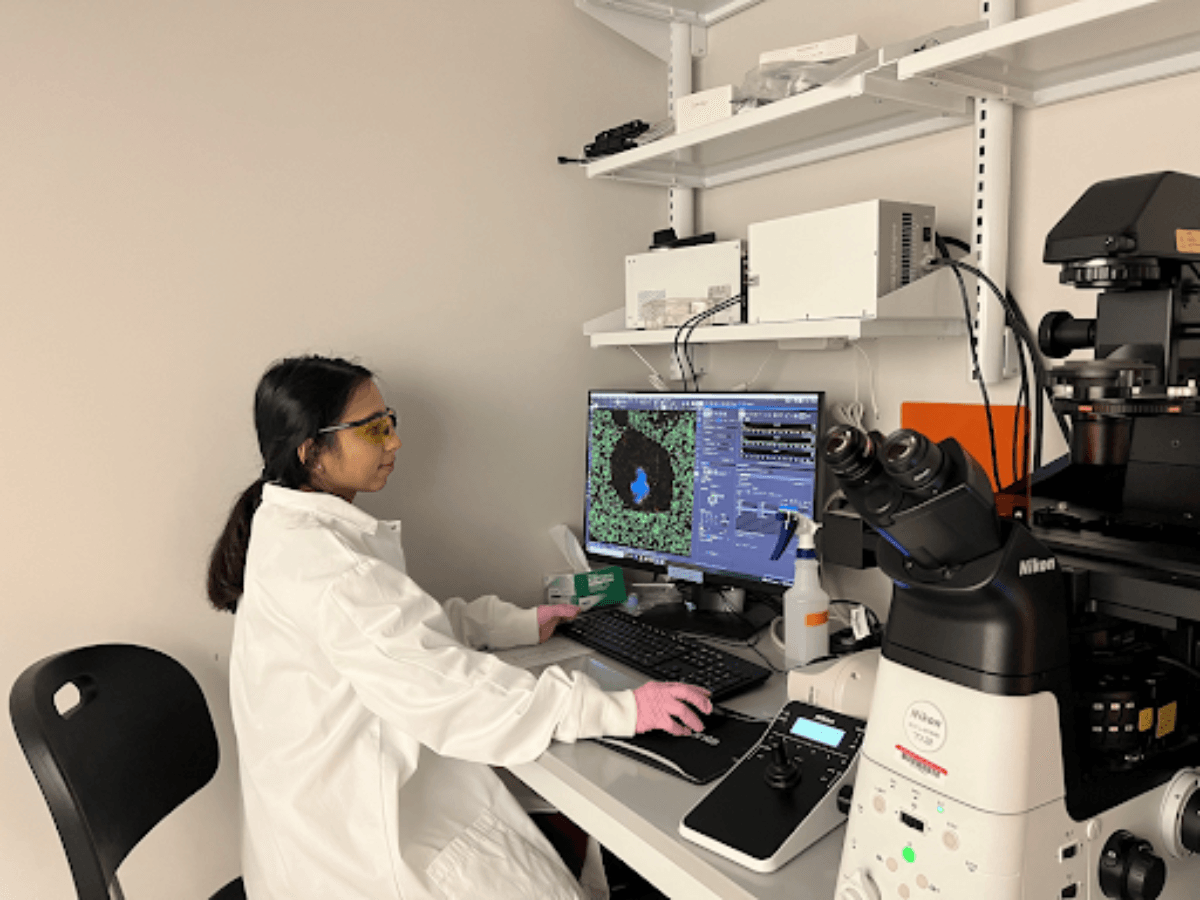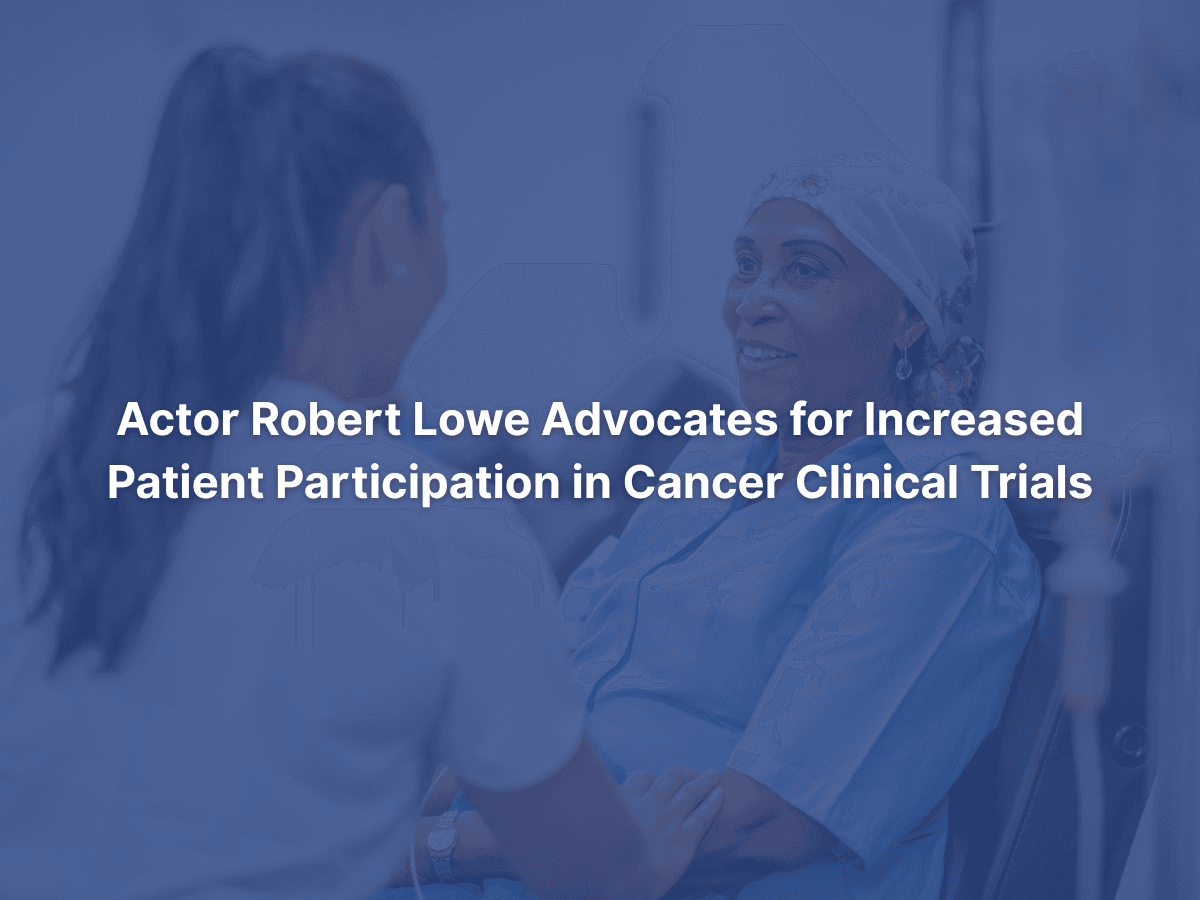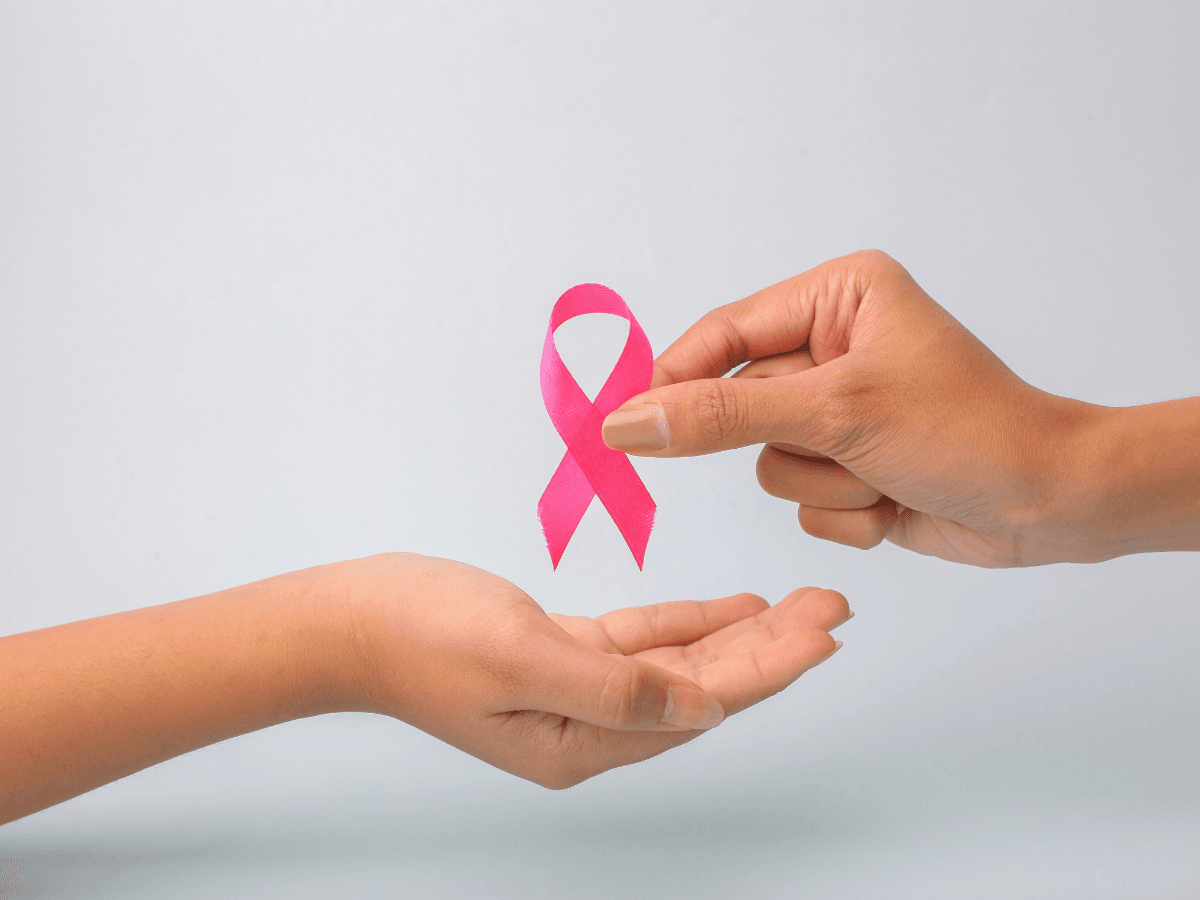
The Cancer News
AN AUTHORITATIVE RESOURCE FOR EVERYTHING ABOUT CANCER
Patients Over Politics: Why HHS Cuts Put Your Cancer Care at Risk

Cancer is the number one cause of death in Washington State. The sweeping layoffs at the Department of Health and Human Services (HHS) will cause more harm to cancer patients in our state. These cuts will have immediate and lasting effects on cancer research, access to care, and patient outcomes.
With more than 10,000 jobs eliminated at the National Institutes of Health (NIH) that funds things like cancer research at Seattle Children’s Hospital and University of Washington, at the Center for Disease Control and Prevention (CDC) that provides cancer prevention and control programs in Washington State, and at the Food and Drug Administration (FDA) that works with Fred Hutchinson Cancer Center on clinical trials among many other impactful local connections—the ability to advance cancer treatments, enroll patients in clinical trials, ensure timely drug approvals, and deliver high quality care is under threat.
Cancer Research and Treatment
The NIH and its National Cancer Institute (NCI) are at the forefront of cancer research, yet these job losses will slow the pace of scientific discovery. Reduced funding and workforce capacity will lead to fewer studies on innovative treatments and hinder progress toward breakthroughs that could save lives.
Clinical trials, which provide cancer patients with access to cutting-edge therapies, will also be affected. With fewer resources, the NIH and NCI may be forced to limit trial enrollments, shutting out patients who rely on these studies as their last hope. I have treated patients who exhausted all standard treatment options and turned to clinical trials for a fighting chance—these cuts will take that hope away from many.
Drug Approvals
The FDA plays a crucial role in reviewing and approving new cancer therapies, ensuring that patients receive safe and effective treatments as quickly as possible. The agency’s ability to efficiently evaluate and approve new drugs will be compromised. Patients waiting for life-saving therapies could face significant delays, reducing their chances of successful treatment and survival.
Moreover, the FDA’s oversight of cancer medications will suffer, potentially leading to an increased risk of substandard treatments reaching the market. Slower drug approvals with proper oversight will place an unnecessary burden on cancer patients and their families, who already navigate a challenging and often costly healthcare system.
Disparities
Cancer does not affect all communities equally. Rural and underserved populations already face significant barriers to accessing high-quality cancer care, including fewer oncologists, limited treatment facilities, and geographic constraints. The reduction in HHS staffing and resources will further widen these disparities, cutting funding for community health programs and decreasing support for preventive screenings and early detection efforts.
Programs aimed at addressing cancer disparities, such as those focused on ensuring clinical trials are accessible to all and improving access to cutting-edge treatments for low-income patients, may be among the hardest hit. As a doctor who has worked with patients from all walks of life, I know that these programs are often the difference between life and death. Without them, we will see more late-stage diagnoses and preventable deaths in our most vulnerable communities.
A Call to Put Patients First
I urge policymakers and their constituents from all sides of the aisle to put patients over politics. Whether you are a republican, democrat, or independent, the reality is that most of us know someone who has cancer or will in the future. Cutting funding is a short-sighted view of efficiency. Just looking at one symptom–efficient use of money–is neglecting investing in innovation. We should rather think about how efficiently we can save lives.
The future of cancer care in the U.S. is at stake. We must have a bipartisan push to not skimp out on solutions that have made our cancer care world-class.
Just as early detection is critical for your chances of beating cancer, swift action is needed to address the setbacks caused by HHS cuts before they cause lasting harm to cancer patients.
Author Bio

Dr. Binay Shah is an oncologist by training and co-founder of Binaytara, a Bellevue-based nonprofit that improves access to cancer care through global oncology programs, and hosts the most in-person oncology CME conferences in the US.





